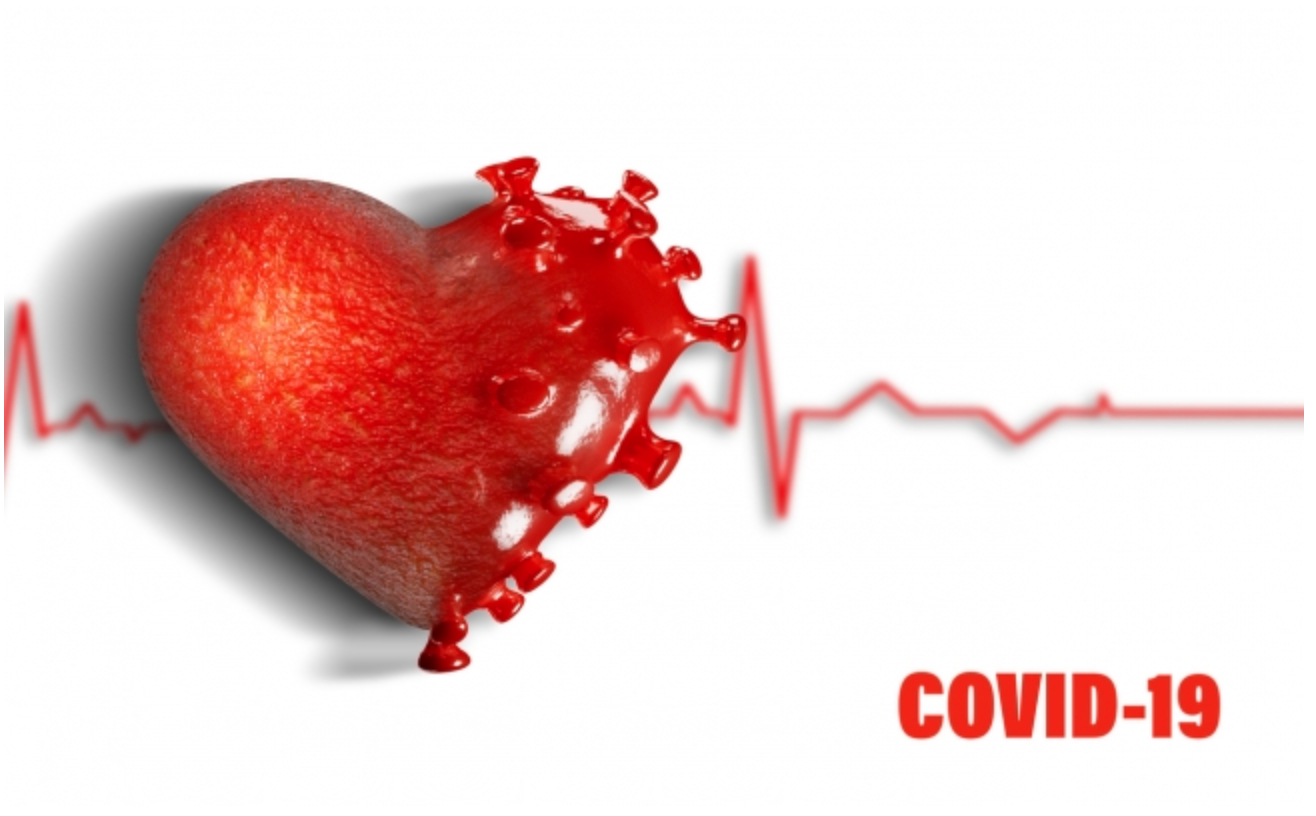Potential Cardio Risks Post Covid

Potential Cardiovascular Risks in Patients After Initial COVID-19 Infection
Persistent symptoms from coronavirus disease 19 (COVID-19) are present in nearly 90 percent of patients 60 days post diagnosis. Proper testing, diagnosis, and management may prevent worsening illness.
- COVID-19 has the potential for both direct and indirect long-term effects on the cardiovascular system. This also includes people who experience only mild cases and can present weeks after the initial infection.
- Fatigue, shortness of breath and chest pain are three common symptoms experienced by “long-haulers”, people who experience symptoms for more than 4 weeks after the initial viral infection, and coincide with main symptoms of heart disease.
The most common COVID-19 heart related symptoms are:
–Dyspnea (difficulty breathing)
-Chest Pain
-Cough
-Shortness of breath
-Impaired Exercise Ability
-Decline in Stamina
-Presyncope/Syncope (dizziness/fainting)
These symptoms could indicate:
– Heart failure
-Sudden cardiac death
-Life threatening arrhythmias
-Aneurysm formation of the coronary arteries and aorta
-High Blood Pressure
-Thromboembolic disease (blood clots in large and small arteries and veins) –Impaired blood pressure and heart rate responses
-Accelerated atherosclerotic disease (plaque in the arteries)
A delay in diagnosis, and consequently treatment, can have damaging consequences. For individuals experiencing any of these symptoms, even weeks after a mild infection, an echocardiogram is an excellent way to kill the many proverbial birds with one stone. This non-invasive diagnostic test is able to rule out many of the disease processes that put a person’s cardiovascular system under strain.
Reference:
Becker, R.C. Anticipating the long-term cardiovascular effects of COVID-19. J Thromb Thrombolysis 50, 512–524 (2020).
https://doi.org/10.1007/s11239-020-02266-6
